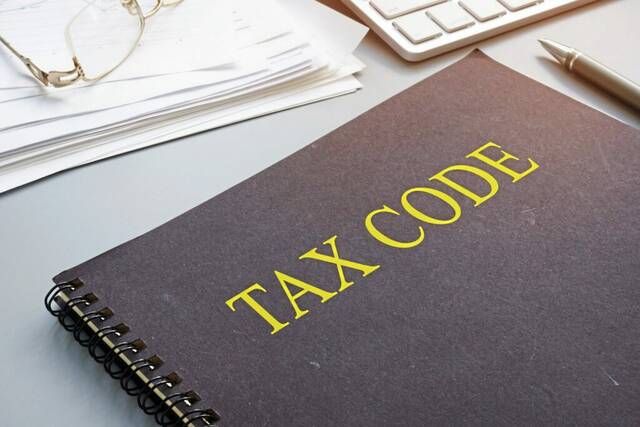This spring, Western and Central Pennsylvania were struck hard by thunderstorms that damaged homes, felled trees, flooded roadways, and overwhelmed local infrastructure and resources already stretched thin. At the storms’ peak, more than half a million businesses and households lost power — some for over a week.
As a local elected official, I understand the multi-faceted toll these storms take on our communities, our infrastructure and our budgets, and my heart goes out to those in Texas that are currently dealing with catastrophic and deadly floods.
With climate change accelerating, we know more of these weather events and the challenges they bring are on the horizon.
That’s why I watched with concern last week as Congress passed the federal budget bill, which includes cuts that could severely hinder local governments’ ability to fund and maintain essential services and projects that any community needs to function. That includes the everyday necessities that keep our constituents safe and healthy, as well as projects that will build our resilience against the increasing dangers of climate change.
In Dormont, our stormwater systems are aging and were strained this year by one of the wettest Mays on record. As the first suburb outside Pittsburgh, we also receive runoff from farther out, compounding the pressure on our infrastructure. Our stormwater authority does great work. But I see a future where their annual budget from local fees won’t be enough.
Storms aside, our town also has an old recreation center with a 100-year-old pool, a beloved public park system that needs upkeep and aspirations for the future — we want to invest in bike infrastructure, pedestrian safety and traffic-calming measures to reduce car dependency and vehicle emissions that contribute to climate change.
These are all improvements that require capital and simply aren’t possible without strong, reliable support from our federal leaders. As anyone who has served or worked in local government knows, we do not have the tax base to fund multimillion-dollar infrastructure projects on our own. Local governments rely on support through federal programs, policy and dollars that are distributed to states and then allocated to communities like ours. If critical federal programs go away, or funding dries up, the costs fall on the shoulders of taxpayers, and often those least able to afford it. That’s not acceptable.
Underinvestment — coupled with the increasing impacts of a warming climate — has real, human consequences, regardless of who voted for what. Planning for the future, building local resilience and addressing inequities should be treated as a matter of national security, because it is. Without baseline support from the federal government, the divide between communities that can weather the next storm and those that cannot will only deepen.
I’m grateful to the members of Congress who voted against cutting essential federal programs and funding that keep communities not just afloat, but able and empowered to plan for what’s ahead.
As the next steps in the budget process unfold, local leaders in Pennsylvania and across the nation will have to prepare for the impact, adapt and explore new strategies to maintain our progress, and continue advocating our federal leadership for the support local governments need to do our essential work. Because the next storm is coming.
Jen Mazzocco is president of the Dormont borough council and a contributor to Appalachian Leaders Voices, a program of Appalachian Leaders Network that amplifies the opinions of local, tribal and state officials on issues in the Ohio River Valley region.








